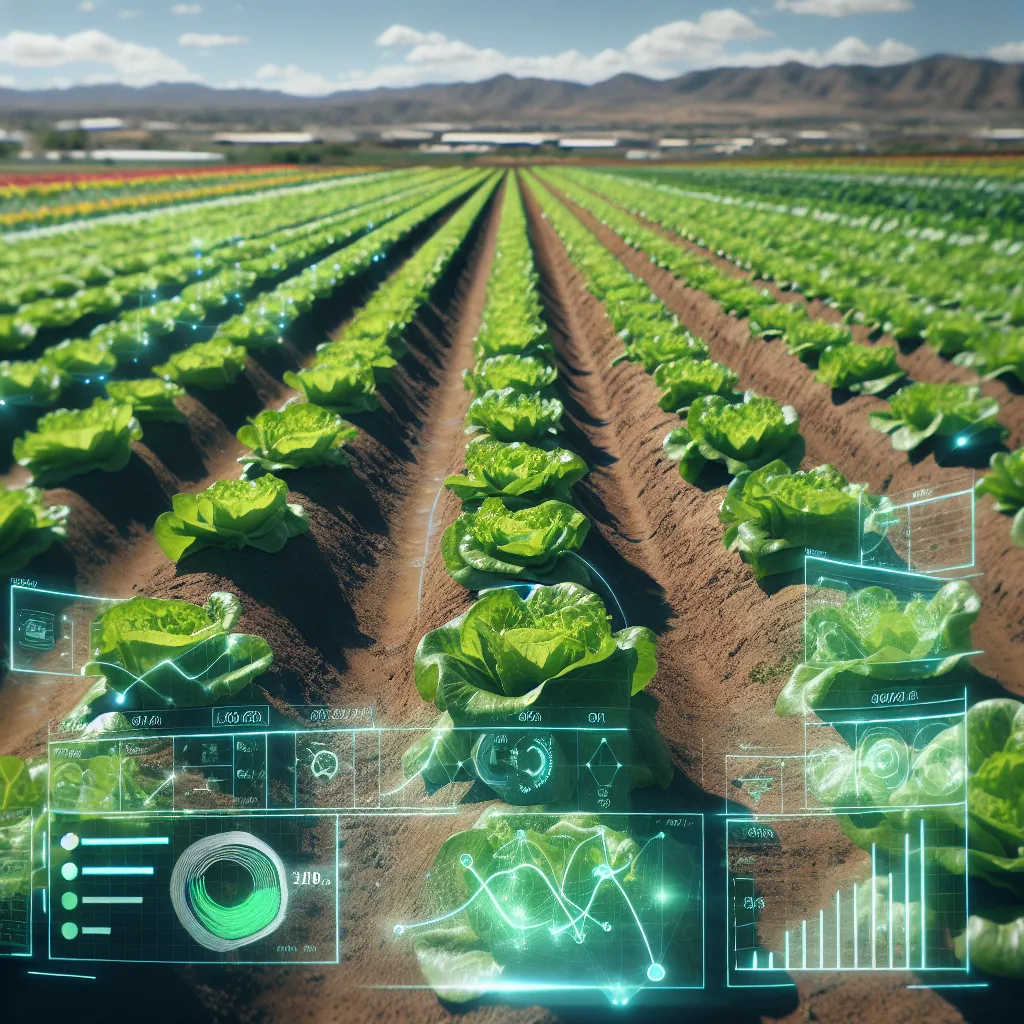In the quest to optimize irrigation and boost water-use efficiency in cotton farming, researchers have developed a novel approach that leverages the power of unmanned aerial vehicles (UAVs) and advanced machine learning techniques. This innovative framework, known as Dual-Cycle Cognitive Learning (DCCL), promises to revolutionize cotton water status monitoring, offering a scalable, interpretable, and high-precision solution for precision agriculture.
The DCCL framework, proposed by Zhenghang Zhang and colleagues from the College of Agriculture at Shihezi University, integrates multi-resolution vegetation indices and texture features through a two-stage training pipeline. This approach addresses the limitations of existing methods that often treat spectral and texture features separately, overlooking their complementary nature across resolutions.
“Our method not only improves the accuracy of cotton water status monitoring but also enhances the interpretability of the model,” said Zhang. “This is crucial for farmers and agronomists to make informed decisions about irrigation management.”
The first stage of the DCCL framework involves feeding all extracted features into a random forest model and quantifying their contributions using SHapley Additive exPlanations (SHAP). The top 20 SHAP-ranked features are then refined using Recursive Feature Elimination (RFE) to select the 10 most informative features. These features are reintroduced into a pretrained model to form a distilled final monitoring model in the second stage.
“By using knowledge distillation, we facilitate feature integration across different resolutions and growth stages, eliminating the need for manual feature engineering,” explained Zhang. “This makes our approach more robust and generalizable under real-world field conditions.”
Experiments conducted on real UAV datasets demonstrated the effectiveness of the DCCL framework. It achieved a training R² of 0.9577 and an RMSE of 0.0026, while maintaining a cross-validation R² of 0.6514 on unseen datasets. In contrast, the baseline random forest model yielded a training R² of 0.9484 but a considerably lower cross-validation R² of 0.4268.
The commercial impacts of this research are significant. Accurate monitoring of cotton water status is crucial for optimizing irrigation management, which can lead to substantial water savings and improved crop yields. This is particularly important in regions where water resources are scarce and agriculture is a major economic driver.
“Our framework offers a scalable solution for UAV-based cotton water status monitoring, with significant potential to support sustainable irrigation strategies and intelligent crop management in large-scale agricultural systems,” said Zhang.
The research was published in the journal Industrial Crops and Products, highlighting the growing intersection of agritech and advanced analytics. As the agriculture sector continues to embrace digital transformation, innovations like the DCCL framework are poised to shape the future of precision agriculture, driving efficiency, sustainability, and profitability.
In the broader context, this research underscores the potential of integrating multi-resolution data and advanced machine learning techniques to address complex agricultural challenges. As UAV technology becomes more accessible and data-driven approaches gain traction, we can expect to see more innovative solutions that enhance crop monitoring and management, ultimately contributing to a more sustainable and productive agricultural sector.
The DCCL framework developed by Zhang and his team represents a significant step forward in this direction, offering a powerful tool for farmers and agronomists to optimize irrigation and improve water-use efficiency. As the agriculture sector continues to evolve, such advancements will be crucial in meeting the growing demand for food while conserving valuable resources.

